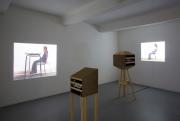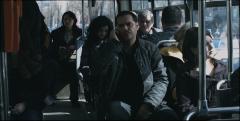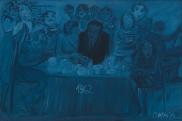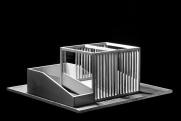2024. May 6. Monday
Ludwig Museum - Museum of Contemporary Art - Budapest
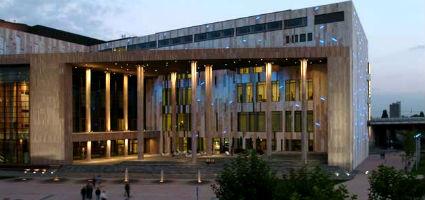 |
Address: 1095, Budapest Művészetek Palotája, Komor Marcell u. 1.
Phone number: (1) 555-3444, (1) 555-3457
E-mail: info@ludwigmuseum.hu
Opening hours: Permanent exhibition: Tue-Sun 10-18
Temporary exhibition: Tue-Sun 10-20 |
The exhibition has closed for visitors.
2014.07.11. - 2014.09.28.
Museum tickets, service costs:
|
Group ticket
(over 20 people 20% discount)
|
1000 HUF
|
|
|
Ticket for adults
(valid for the temporal exhibitions)
|
1200 HUF
|
|
|
Ticket for students
(valid for the temporal exhibitions)
|
600 HUF
|
|
|
Ticket for pensioners
(valid for the temporal exhibitions)
|
600 HUF
|
|
|
Ticket for families
(1 parent + max. 4 children)
|
1600 HUF
|
/ family
|
|
Ticket for families
(2 parents + max. 4 children)
|
2400 HUF
|
/ family
|
|
Ticket for adults
|
960 HUF
|
|
|
Ticket for students
|
480 HUF
|
|
|
Program ticket
|
600 HUF
|
|
|
Guide
|
4000 HUF
|
|
|
Guide
|
5000 HUF
|
The Ludwig Museum undertakes a showing of contemporary artistic representations of the Holocaust at its exhibition open from 11 July to 28 September [silence] - The exhibition is entitled 'A Holocaust'. Both national and international contemporary artists works have been selected to be shown at the exhibition that aims to go beyond the one-time historical event in the past approach to the Holocaust. Therefore,some of the works draws attention to what genocidal trends at that time are influencing our daily lives today.
No fix position was assigned, however, if they do so, it's not only an identification with the victim.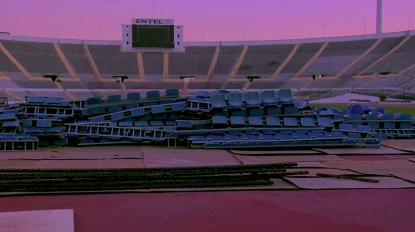
Of course, it is uncomfortable for the viewers to identify with the perpetrator, but it is just what makes it possible for them to see the Holocaust not only as a past event, not related in any way to today's historic events, but be able to ask questions related to present day political and ideological issues. In the summer of 2014 it seems obvious that with the end of the war ideologies that lead to wars and led to Holocaust do not cease to exist. These days - especially due to globalization and mass migration - not only the Jews are targets of those prejudices and prejudiced behaviour, but other ethnic and minority groups as well.


